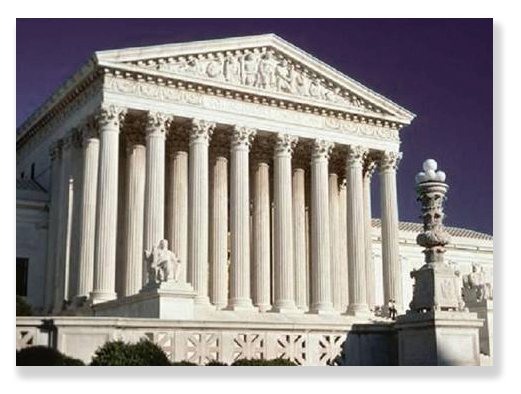- This topic is empty.
-
AuthorPosts
-
-
October 7, 2025 at 3:15 am #10844
Kris Marker
KeymasterWe post news and comment on federal criminal justice issues, focused primarily on trial and post-conviction matters, legislative initiatives, and sentencing issues.
BUSY CRIMINAL MONTH AHEAD AT SUPREME COURT
Today’s the first Monday in October, and you know what that means.
 The Supreme Court has already scheduled 15 criminal law and related cases during the 9-month term that opens today. While none was added at last week’s “long conference,” the term kicks off with oral argument on two criminal cases this week and another two next week, what SCOTUSBlog called “bookend[s to] the two weeks of oral argument referred to as the ‘October sitting.’”
The Supreme Court has already scheduled 15 criminal law and related cases during the 9-month term that opens today. While none was added at last week’s “long conference,” the term kicks off with oral argument on two criminal cases this week and another two next week, what SCOTUSBlog called “bookend[s to] the two weeks of oral argument referred to as the ‘October sitting.’”In Villarreal v. Texas, to be argued today, the Court will consider whether a defendant’s 6th Amendment right to counsel is violated when the judge prohibits the defendant and his lawyer from discussing the defendant’s testimony during an overnight recess that occurs while the defendant is on the stand.
In Barrett v. United States, to be argued tomorrow, the defendant was convicted of an 18 USC § 924(c) offense and a § 924(j) offense (which is a § 924(c) offense in which death results). The 2nd Circuit had allowed the defendant to receive separate cumulative sentences totaling 30 years for the two convictions based on the same robbery-killing. The issue is whether the constitutional ban on double jeopardy prohibits sentencing a defendant for both offenses arising from the same event.
Ellingburg v. United States, which asks whether mandatory restitution constitutes criminal punishment such that the Constitution’s ex post facto clause would prohibit it, will be argued October 14.
 Finally, Case v. Montana, to be argued Wednesday, October 15, asks whether a probable cause standard governs warrantless home entries in non-criminal “emergency aid” situations, or if a lower “reasonable suspicion” standard suffices. Here, the police had some reason to believe defendant Case might die by suicide, which the parties assume would allow an emergency entry, but also some reason to think that Case was not in danger. The Montana Supreme Court split 4-3 on whether just a suspicion that emergency aid is really needed – rather than the higher “probable cause” standard – should be required for police to enter.
Finally, Case v. Montana, to be argued Wednesday, October 15, asks whether a probable cause standard governs warrantless home entries in non-criminal “emergency aid” situations, or if a lower “reasonable suspicion” standard suffices. Here, the police had some reason to believe defendant Case might die by suicide, which the parties assume would allow an emergency entry, but also some reason to think that Case was not in danger. The Montana Supreme Court split 4-3 on whether just a suspicion that emergency aid is really needed – rather than the higher “probable cause” standard – should be required for police to enter.SCOTUSBlog, Upcoming criminal law arguments, and putting faith in life tenure (October 3, 2025)
Villarreal v. Texas, Case 24-557, to be argued October 6
Barrett v. United States, Case 24-5774, to be argued October 7
Ellingburg v. United States, Case 24-482, to be argued October 14
Case v. Montana, Case 24-624, to be argued October 15
~ Thomas L. Root
-
-
AuthorPosts
- You must be logged in to reply to this topic.
